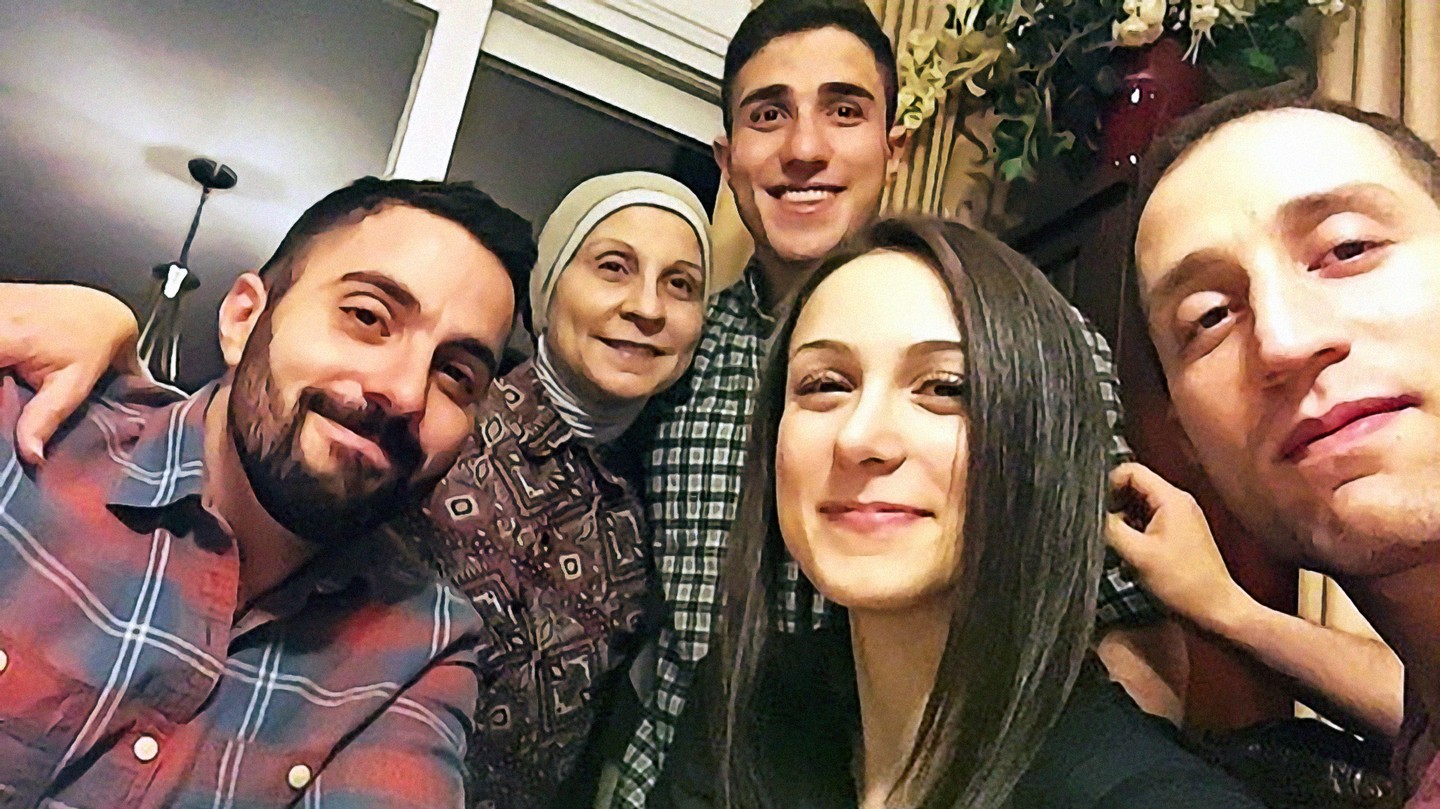My Family Always ‘Passed’ as White, Until We Didn’tPosted in Articles, Canada, Identity Development/Psychology, Media Archive, Passing, Religion on 2017-08-23 15:28Z by Steven |
My Family Always ‘Passed’ as White, Until We Didn’t
Vice
2017-08-22
Each of my siblings’ names, skin, hair, and religious observances earned us different levels of privilege.
My family immigrated from Lebanon to Canada before I was born in order to flee a nasty civil war. Since we’re quite light-skinned, growing up people assumed we were some kind of white: Italian, Spanish, or Portuguese was mainly what I heard. My mom explained how back in those pre-9/11 days, people she met hardly knew where Lebanon was and hadn’t heard much about Islam either, so it was easy for us to live under the radar, hassle-free. This was before the hummus craze. But obviously, with everything going on today, things have changed. Now, the disclosure of who we are, along with some cultural clues, shifts how people see us regardless of our light skin tone. I suppose one could argue that it’s a privilege to be passable as white, or a variant thereof, but it’s a bit more complicated than that.
As a kid, my folks cultivated a dual identity within the Lebanon-like bubble of our southwestern Ontario home. We remixed the Lebanese Arabic dialect with English idioms and ate kibbeh with chicken nuggets and homemade fries. As Muslims, we studied the Qu’ran, prayed five times a day, and were forbidden to eat pork—including pepperoni and bacon, too. You’d expect it all to be confusing, but I was a happy kid living under the radar and felt my upbringing was normal…
Read the entire article here.

